There is something so beautiful about older dogs, with their greying faces and soulful eyes. As your dog ages, their needs will naturally change. Their lifestyle will need adjustments, they’ll need some accommodations around the home, more frequent health check-ups and some extra tender loving care.
So, at what age is a dog considered a senior? This differs depending on size and breed. Generally, small and medium-sized dogs are considered senior at around 7 years of age. Large dogs can be considered senior after around 5 years of age.
There are many ways you can adjust the care of your older dog to support their health and wellbeing. These tips will help keep your furry best friend happy, healthy and as comfortable as possible in their later years.
Exercise
Senior dogs will most likely require shorter, more frequent walks and more rest stops. Due to decreasing energy levels, older dogs are more at risk of developing obesity. Regular moderate exercise is essential to help keep weight down. Mental exercise is just as important as physical, and we recommend continuing to provide mental enrichment to your dog’s daily routine.
Home comforts
There are ways to make your home more accommodating for your older dog. Consider adding non-slip floor mats or rugs to your floor to increase their grip and prevent slips. Indoor baby/dog gates can help to keep them away from stairs. Dog ramps are available to ease access into the car or onto furniture and decrease the need for jumping.
An older dog will need more rest, and a comfortable warm bed indoors to sleep. As their mobility declines, you can make sure everything they need is easy to reach, such as elevated food bowls and an easily accessible toileting area.
Diet and nutrition
Providing high-quality food is important for all ages, but your dog’s dietary requirements will change as they get older. Talk to your vet about an age-appropriate diet to accommodate changing nutritional needs and help with weight control.
Health and wellness
Regular vet check-ups will be needed. Familiarise yourself with the warning signs of disease. Watch for any sudden changes or signs of stiffness and discomfort. It’s important to keep on top of dental care, and gentle grooming can be a handy way to monitor for any lumps and bumps on their body. As your dog’s hearing and sight may be declining you should always approach them gently so as not to startle them.
Quality time with your best friend
Though they might be snoozing much more, physical contact and lots of love are still very important for your dog’s emotional well-being. Maybe even more so than when they were young. Continue to include your furry family member in activities and get in as much quality time as possible. You’ll never, ever regret spending time with your dog.
If they’ve reached their senior years, it is the ideal time to start re-evaluating their daily routine. By adapting to your dog’s changing needs as they age you can support them to live life in the most enjoyable way possible well into their senior years.






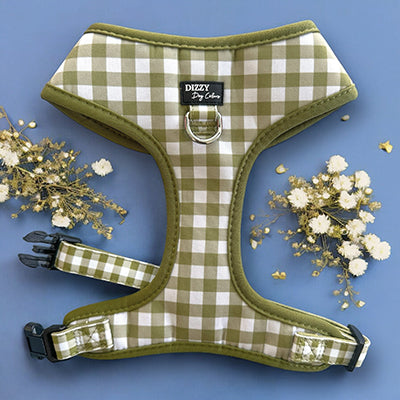

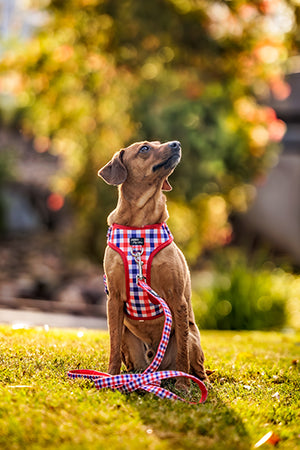

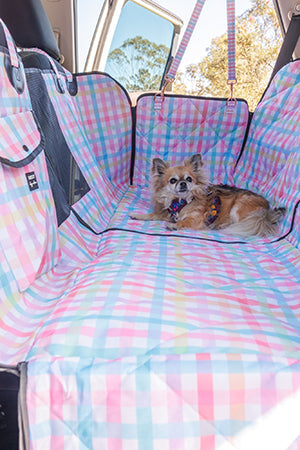
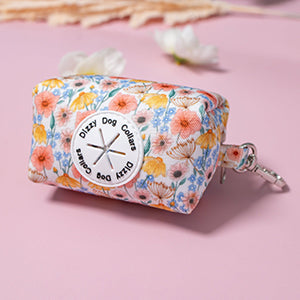
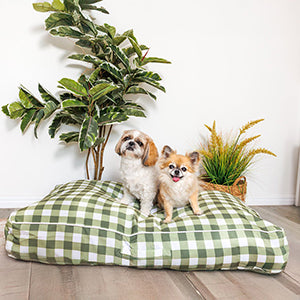
Leave a comment